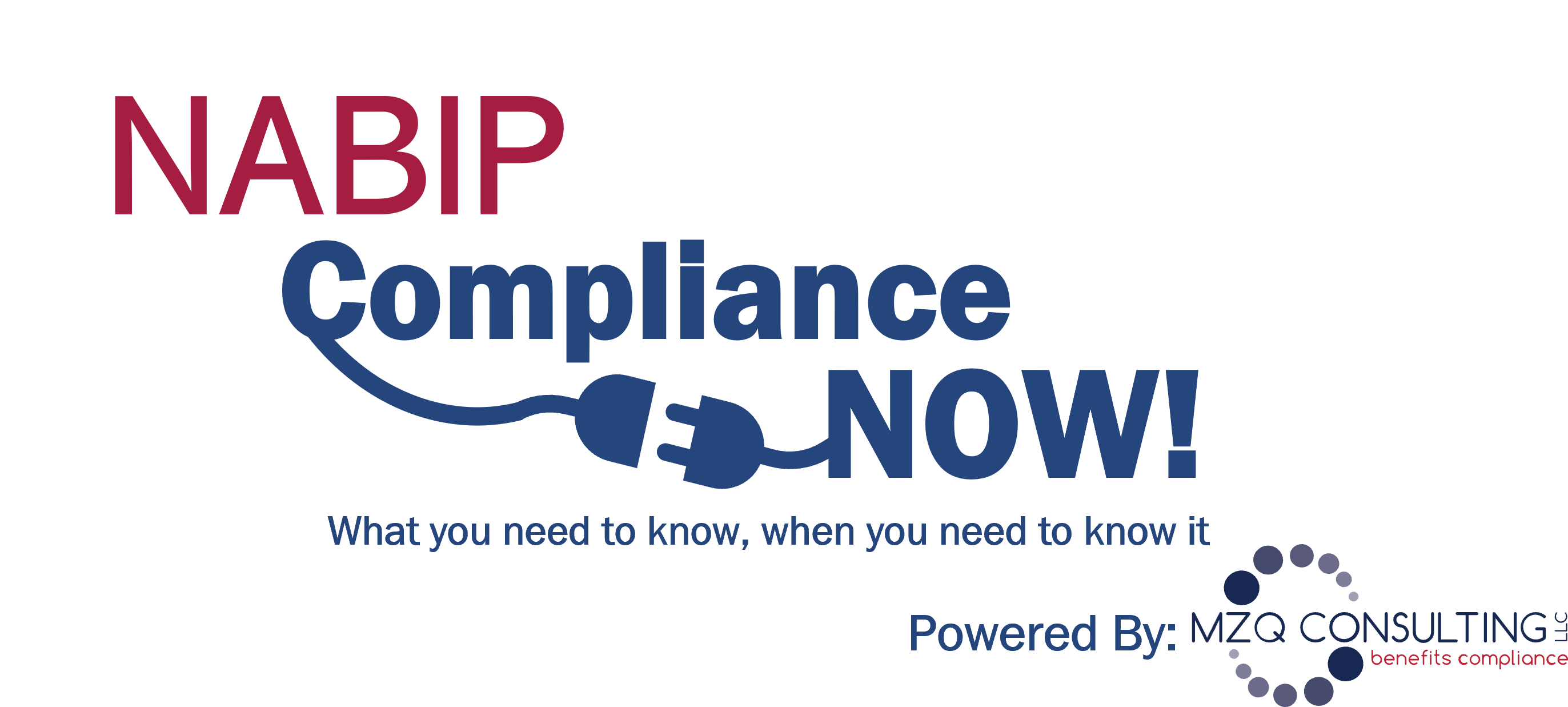Employers and insurers are increasingly turning to telemedicine programs to save employees money and increase productivity. With a doctor visit only a phone call away, employees don’t have to take time off the job to sit in a doctor’s office when a remote visit will do the trick.
Employers who wish to learn more about telemedicine from a medical practice perspective may find that the FAQs on the American Telemedicine Association website are helpful. The FAQ page is here.
Health insurers have been slow to adopt telemedicine programs. That appears to be changing. But, as a result, employers have adopted stand-alone telemedicine programs. As a stand alone program that is not integrated into the overall health plan, compliance issues may need to be considered. This is especially true if the employer offer a high deductible health plan (HDHP) that is health savings account (HSA) compatible.
There is an ongoing debate in the benefits arena regarding whether a telemedicine program meets the definition of a “group health plan” for ERISA, HIPAA and IRS purposes. Since most telemedicine programs provide medical care, a conservative interpretation would define these plans as meeting the “group health plan” definition.
If one accepts that the telemedicine plan is a “group health plan” then the plan is subject to COBRA and provisions of the ACA. This exposes the plan to the market reforms such as covering dependents to age 26, and preventive services in-network without cost to the patient. Therefore, a plan should be structured to provide these benefits.
Some telemedicine providers or benefits consultants have argued that these plans should be characterized as excepted benefits, an employee assistance plan (EAP) or a non-insurance based program. As such, these plans would not be subject to ACA, ERISA or other compliance requirements. Unless an employer has specific legal guidance in this regard, employers should adopt a more conservative approach by treating these programs as “group health plans.”
One of the bigger concerns regarding telemedicine plans is whether and how to integrate these plans with high deductible health plans (HDHPs) coupled with HSAs. It’s a bigger concern because many employers have offered telemedicine programs to help address the employee exposure to larger and larger deductibles. The idea is that employees have a benefit for the more common medical expenses without having to meet the deductible.
That’s also where the problem with HSAs arises. IRS publication 969 establishes the rules for HSAs. To be eligible and qualify for an HSA you must meet the following requirements:
- You must be covered under a high deductible health plan (HDHP), on the first day of the month.
- You have no other health coverage except what is permitted under “Other health coverage”
- You are not enrolled in Medicare
- You cannot be claimed as a dependent on someone else’s 2015 tax return.
Publication 969 can be found here.
A telemedicine plan’s benefits are often structured to provide health care without regard to whether or not someone has met their HDHP deductible. If this is the case, there is a strong argument that a person with a telemedicine plan does not qualify for an HSA.
A plan could be structured so that the beneficiary pays the “fair market value” as a fee whenever a service is rendered. In this type of arrangement an employer could offer the coverage and likely pay for it without disqualifying someone from an HSA. But, paying a fee for each service and coordinating this with a beneficiary’s deductible so there is a benefit of value is difficult, if not impossible.
It is clear that some of the services that can be provided through a telemedicine program can be considered preventive services. However, limiting a plan to only preventive services would make the telemedicine program far less appealing.
Employers could also consider offering telemedicine as a voluntary benefit. Voluntary benefits are not governed by ACA’s myriad rules. To avoid complications and ERISA compliance concerns, employers would have to follow the safe harbor for voluntary plans.
A plan is voluntary and usually not an ERISA plan if:
- The employer doesn’t contribute to the cost of the plan
- Participation is voluntary
- The employer’s involvement in limited and the employer does not “endorse” the plan
- The employer isn’t compensated for collecting and remitting premiums.
With more and more employers offering telemedicine plans, the questions regarding HSA eligibility, ERISA, HIPAA and other compliance concerns related to employee benefits will not go away. An employer is wise to avoid making assertions regarding taxes or other issues unless the employer has obtained legal or tax advice. And, the employer should ask that the telemedicine provider provide sufficient information to ensure that an employer’s in compliance with ERISA, HIPAA, COBRA and any other relevant laws.
